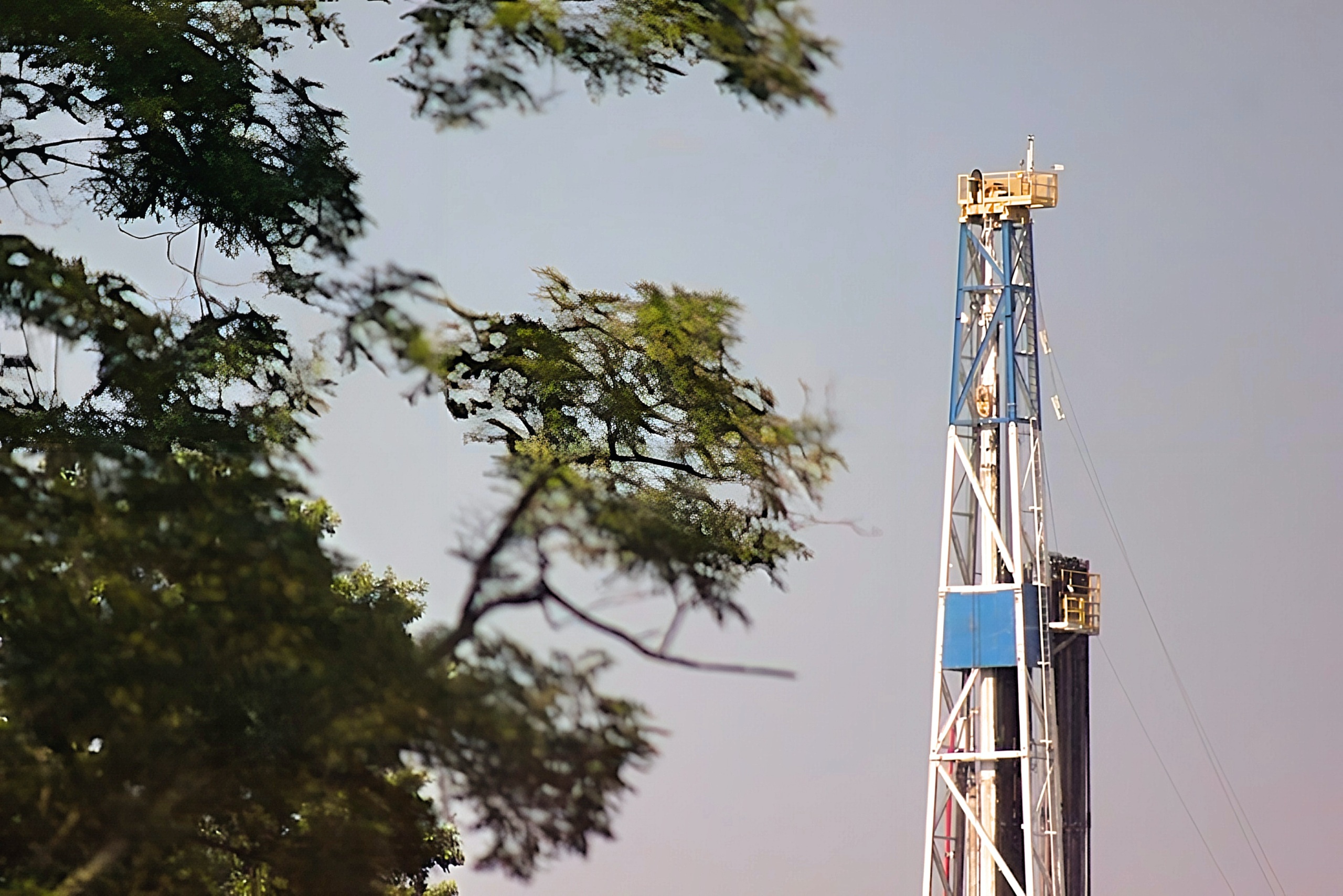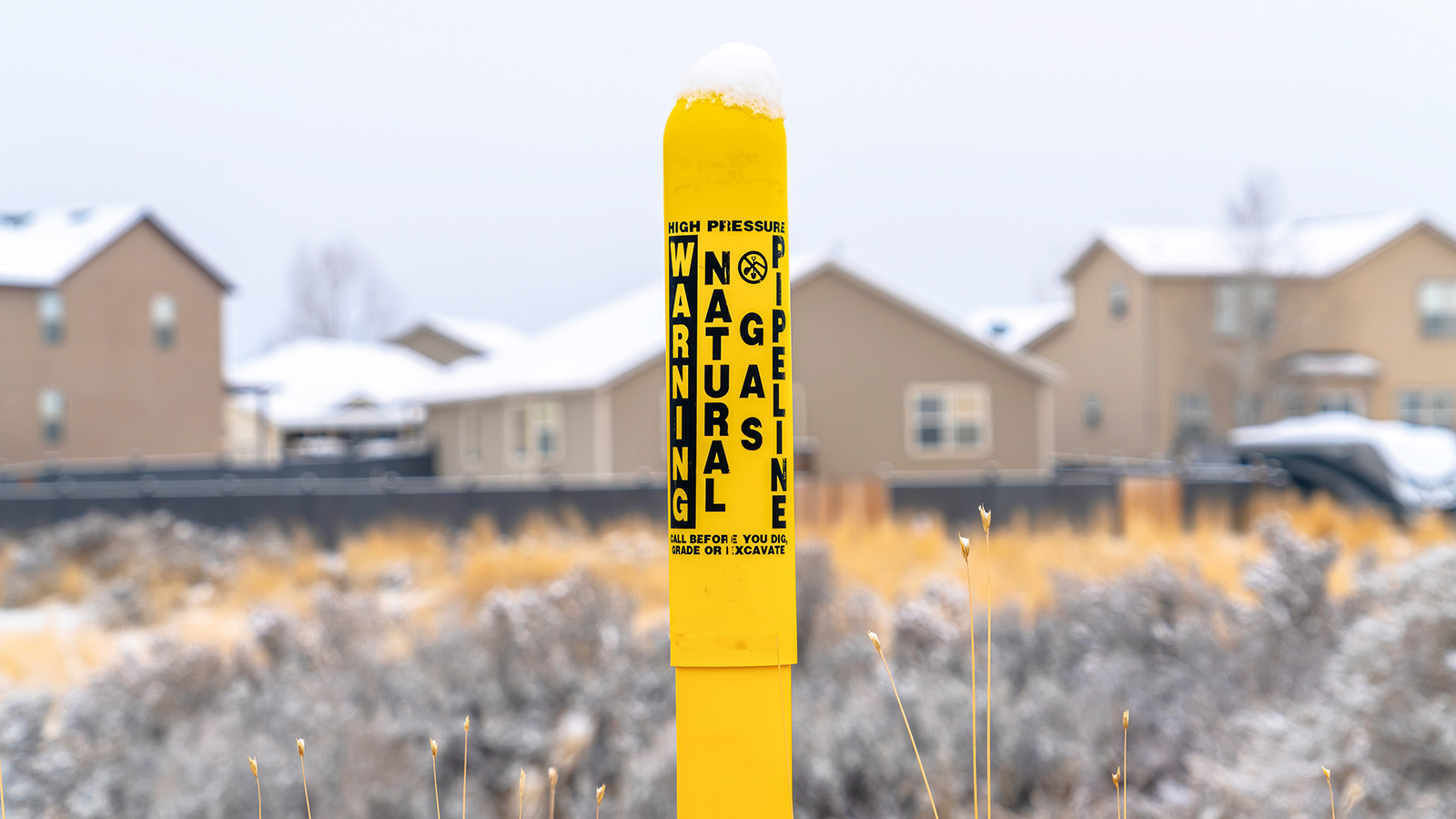
Fracking Failures
Oil and Gas Industry Environmental Violations in Pennsylvania
In Pennsylvania, fracking companies violate rules and regulations meant to protect the environment and human health on virtually a daily basis. Between January 1, 2008, and September 30, 2016, fracking companies together committed a combined total of 4,351 violations, or an average of 1.4 violations per day. Between 2008 and 2016, just 17 percent of violations of rules meant to protect the environment and public health at unconventional wells were accompanied with a fine. When they were, the median fine was only $5,263.

Downloads
PennEnvironment Research & Policy Center
Fracking is dirty and dangerous. From the very beginning of clearing a site for drilling, through the extraction, transport and delivery of natural gas, fracking poses significant risks to our air and water and to human health.
Even when drillers follow all the rules, fracking is a dirty and dangerous activity. Yet drilling companies also regularly violate laws and regulations meant to protect the environment and the public, magnifying the risk to our health and environment. Since the last Fracking Failures report in 2015, gas drillers across Pennsylvania have continued to violate laws with little consequence.
In Pennsylvania, fracking companies violate rules and regulations meant to protect the environment and human health on virtually a daily basis. Between January 1, 2008, and September 30, 2016, fracking companies together committed a combined total of 4,351 violations, or an average of 1.4 violations per day.
Despite the number of violations resulting from fracking operations across Pennsylvania—and the ensuing pollution, workplace accidents and threats to public health—enforcement has lagged far behind the level necessary to deter companies from breaking the rules. Between 2008 and 2016, just 17 percent of violations of rules meant to protect the environment and public health at unconventional wells were accompanied with a fine. When they were, the median fine was only $5,263.
These are violations of rules designed to protect the environment and public health, as opposed to administrative violations. These violations include:
- Allowing toxic chemicals to flow off drilling sites and into soil and water. On the night of January 11, 2014, a large Cabot tank holding fracking production fluid exploded during a routine inspection. The worker examining the tank was blown backwards and injured and nearly 3,000 gallons of contaminated water was spilled onto the well pad and surrounding soil.
- Endangering drinking water. Pennsylvania regulators have confirmed at least 283 cases of drinking water contamination due to drilling operations at fracking wells between 2007 and 2016. In one such case, Carrizo (Marcellus) LLC was cited for failing to properly restore a water supply that it had contaminated.
- Polluting our rivers and streams. In 2014, Range Resources was found responsible for leaking pollutants into soil and waterways in Washington County. In one violation, the company allowed fracking fluid to flow from a pipe, ultimately harming aquatic life in Brush Run in Hopewell Township, a stream designated by the state as “high quality,” the second-cleanest designation that a waterway can receive in the Commonwealth.
- Disposing of waste improperly. In one incident at an EXCO Resources well in Bell Township, Clearfield County, the company was cited for contaminating underground drinking water supplies after disposing of wastewater underground at a leaking injection well.
The list of top violators in Pennsylvania includes large, multi-national oil and gas industry operators and smaller, locally owned firms— including companies that have promised to exceed state safety standards.
- Subsidiaries of ExxonMobil and Shell, along with major players like Cabot and Chesapeake, rank among the top 10 for total violations.
- Pennsylvania-based companies ranking among the top violators include Warren County-based Pennsylvania General Energy, Pittsburgh-based EQT Production, Pittsburgh-based Atlas Resources (renamed Titan Energy after bankruptcy in September 2016), and East Resources, which was based in Warrendale until it was acquired by Royal Dutch Shell in 2010.
Both firms with many wells and firms with few wells rank poorly for number of violations when adjusted for the extent of their fracking activities in Pennsylvania.
- Chief Oil & Gas, based in Texas, drilled 291 wells between 2008 and September 2016 and was cited for 386 violations—more violations per well drilled (1.33) than any major driller. The company was followed by WPX Energy Appalachia of Oklahoma (90 violations for 77 wells drilled, a ratio of 1.17); JKLM Energy (16 violations for 19 wells drilled, or 0.84 violations for every drilled well); Cabot Oil & Gas of Houston (451 violations for 587 drilled wells, a ratio of 0.77); and Carrizo Marcellus (77 violations for 103 drilled wells, or 0.75 violations per well).
- Allegheny County’s JKLM Energy ranked first with an average of 0.97 violations per active well per reporting period, another way of measuring the frequency of violations across companies of different sizes. Texas-based Anadarko averaged 0.45 violations per active well, followed by Penn Virginia Oil & Gas with an average of 0.23 violations per active well in each reporting period. Cabot Oil & Gas came in fourth with 0.22 violations per active well, and Chief Oil & Gas ranked fifth with 0.13 violations per active well averaged per reporting period.
The number of violations that received citations from state officials is likely lower than the actual number of infractions that occurred, because of Pennsylvania’s historical pattern of conducting fewer inspections than state rules require, and because inspectors have regularly declined to issue violation notices when companies voluntarily agree to fix problems. The sheer number and severity of risks posed by fracking operations make constructing an adequate regulatory regime for fracking and enforcing it at thousands of wells and other sites implausible. To protect the public, the Commonwealth should:
- Impose a moratorium on any new well permits. The analysis clearly demonstrates the fracking industry’s failures to implement basic environmental protections at gas drilling sites, putting our air and water at risk. The only way to safeguard our health and environment is by stopping fracking, beginning with new wells.
For existing wells, Pennsylvania must adopt much more stringent protections and truly enforce them through:
- Increased Mandatory Minimum Fines: Increase the minimum fines for violations and create a tiered structure for repeat violators to provide a more effective deterrent.
- Permit Revocation for Repeat Offenders: Companies that flagrantly disregard rules designed to protect the environment and public health should be required to halt drilling operations.
- Additional Environmental Inspectors: Boost funding to allow more “cops on the beat” for fracking site inspections, with a goal of at least three inspections per site each year, including random inspections.
- Monitoring Air Emissions and Water Pollution: Institute a meaningful monitoring program for both air emissions and water pollution to ensure standards are being met. One mechanism for monitoring would be to use tracers, which can help pinpoint leaks and assess pollution.
- Increased Transparency: The state should collect and release more complete data on violations at fracking sites to the public. Better public engagement and transparency about violations should include online information allowing residents to easily find out about violations in their area, the associated fines, and the remediation efforts undertaken by the responsible company.
- Ensuring Polluters, Not Taxpayers, Pay for Damage: All drillers should be required to provide sufficient financial assurance to account for worst case scenarios and accidents. Insurance and bonding rules for fracking companies should be designed to guarantee that the costs of any environmental or public health damage caused by fracking are borne by the drillers, not residents or the public.
Topics
Find Out More


“Certified natural gas” is not a source of clean energy

How you can electrify your home

